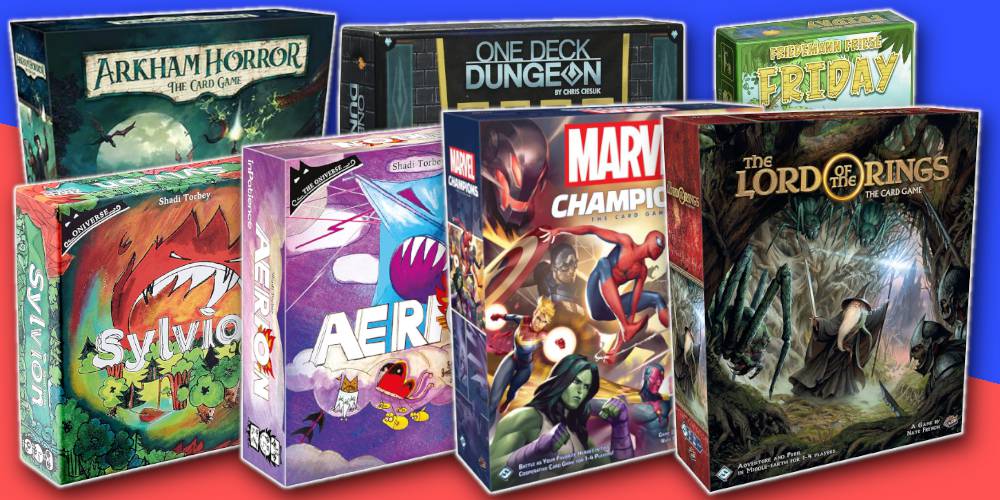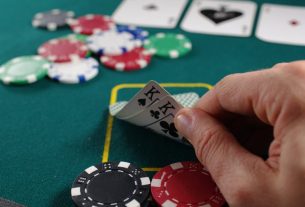Card games for solo play provide an enjoyable challenge without the pressure of competing with an opponent. These games are intended to keep both your mind and hands active while working through issues.
To play this version of Solitaire, all but one deck minus its jokers is required. Your goal should be to arrange all cards by suit from Ace through King into sequences.
Solitaire
Most people associate card games as being social pastimes best shared amongst friends; however, there are numerous challenging solitaire cards games one-player can enjoy on their own. These challenging solitaire games provide a good dose of logic skills, planning, and concentration that can provide a fun way to pass time.
Solitaire card game fans around the world love Windows’ classic version, first made available in 1990. While some see it as providing entertainment or some downtime at work, in actuality it serves to introduce users to digital interface.
Solitaire requires building four piles of cards (one suit per pile) from Ace through King in ascending order by stacking them on the tableau in rows. When you can build sequences across all four piles, victory is guaranteed.
Solitaire reigns supreme when it comes to solo card games, offering multiple variations online and on computer platforms. While easy to learn, mastery poses a great challenge which makes this classic card game one of the greatest ways to pass time!
Devil’s Grip solitaire requires a full deck of cards. This more challenging variation requires extensive calculation and planning as each card must match both suit and rank for placement on another pile if suitable; any unmatched cards go to a waste/disposal pile called Talon; these cannot be moved until all Tableau cards have been built into sequences on them.
FreeCell
FreeCell solitaire is an increasingly popular variation of solitaire. Utilizing a standard 52-card deck and featuring four foundation piles arranged in ascending suits from Ace to King, FreeCell emphasizes skill over luck; in fact, almost any game of FreeCell can be won through intelligent play if played correctly.
The game of Mah Jongg is played on an eight-row tableau table, with four piles containing seven cards each in its four piles and six piles in its remaining columns referred to as Free Cells above the tableaus, providing temporary storage of cards during gameplay. Since there is limited space in these Free Cells for moving them back and forth between columns and cells during game play, tight sequences cannot be moved with one move but must instead be broken up into several smaller movements that allow more cards to move between them.
One key to successful FreeCell play is having as many empty free cells as possible, enabling players to move larger sequences of cards when necessary. Furthermore, any stacked cards should be kept away from free cells as this prevents other cards from moving into them.
This game requires patience and focus, but is definitely worth your while. It’s an effective way to develop critical and strategic thinking skills while slowing the aging process by maintaining brain health – not to mention stress reduction! On top of all that, this challenging yet engaging activity provides fun entertainment – why not give it a go now?





